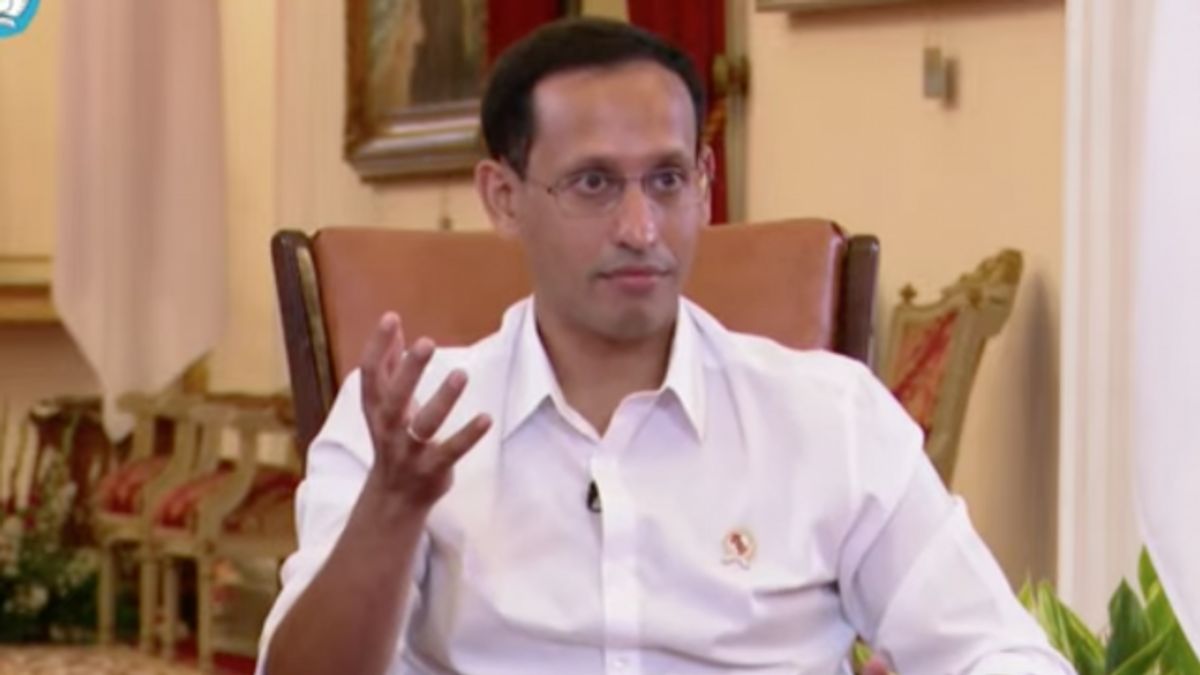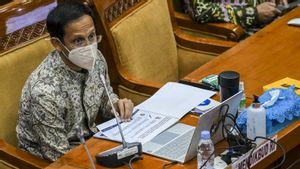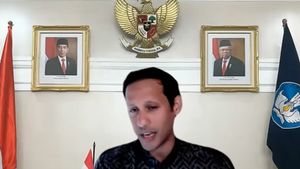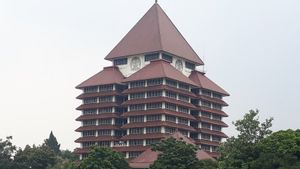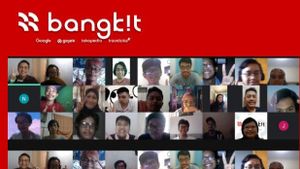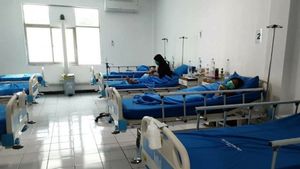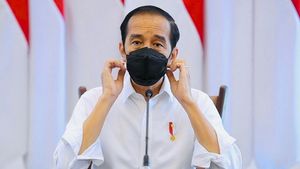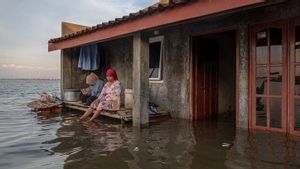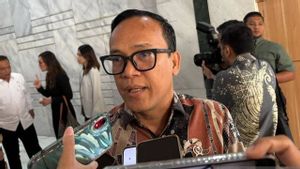JAKARTA - The Ministry of Education, Culture, Research, and Technology Nadiem Makarim said his party would spread 22.000 students participating in the Class II Teaching Campus Program to 3.593 elementary and junior high schools in 491 regencies and cities in Indonesia.
"This is an extraordinary opportunity to help children in the school that will be a place to teach later", said Minister of Education, Culture, Research, and Technology Nadiem Anwar Makarim as quoted in a ministry press release in Jakarta, Saturday, July 31.
Nadiem explained that the Campus Teaching Program was implemented to help school children in frontier, remote, and disadvantaged (3T) areas who during the COVID-19 pandemic had difficulty participating in learning activities remotely.
He asked the students to seriously attend the briefing which was carried out intensively for eight days in order to optimally provide guidance to improve students' abilities in numeracy, literacy, and character building.

Nadiem also encourages students participating in the Class II Teaching Campus Program to dare to try new things in activities at school and outside of school and interact well with teachers and the community in the placement area. "Finally, have fun, make sure that this experience is something you will remember for a lifetime", he said as reported by Antara.
Meanwhile, Secretary of the Directorate General of Higher Education Paristiyanti Nurwardani said that the participants of the Class II Teaching Campus Program were Platinum students. “Platinum is the most expensive metal in the world, so you are the youngest generation with the best quality in the Ministry of Education, Culture, Research, and Technology. The Minister has given his trust, don't forget to give dedication and integration for teaching campuses", said Paris.
She hopes that the 22.000 students participating in the Class II Teaching Campus Program can help spur students' creativity. “Your closeness to the student is also a measure of whether you have an impact or not”, says Paris.

Students are also expected to be able to quickly adapt in the placement area where the culture, language, and socio-economic conditions of the community are different from the area where they live.
The discomfort of adapting to a new area, according to Paris, is part of the process of learning, growing, and evolving as a young adult. "Don't be afraid of feeling uncomfortable, instead embrace the feeling of discomfort because that's where we will grow as good people in terms of character or in terms of our competence", said Nadiem Makarim.
SEE ALSO:
The English, Chinese, Japanese, Arabic, and French versions are automatically generated by the AI. So there may still be inaccuracies in translating, please always see Indonesian as our main language. (system supported by DigitalSiber.id)
